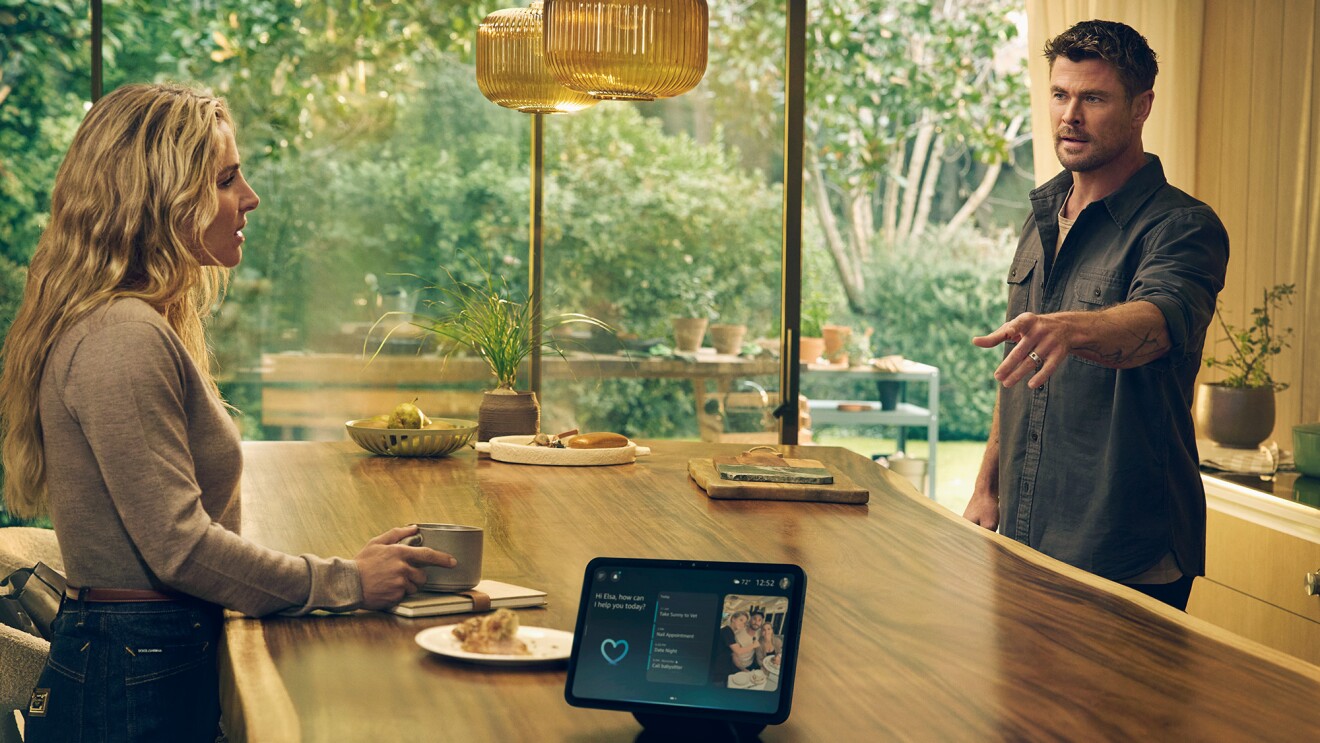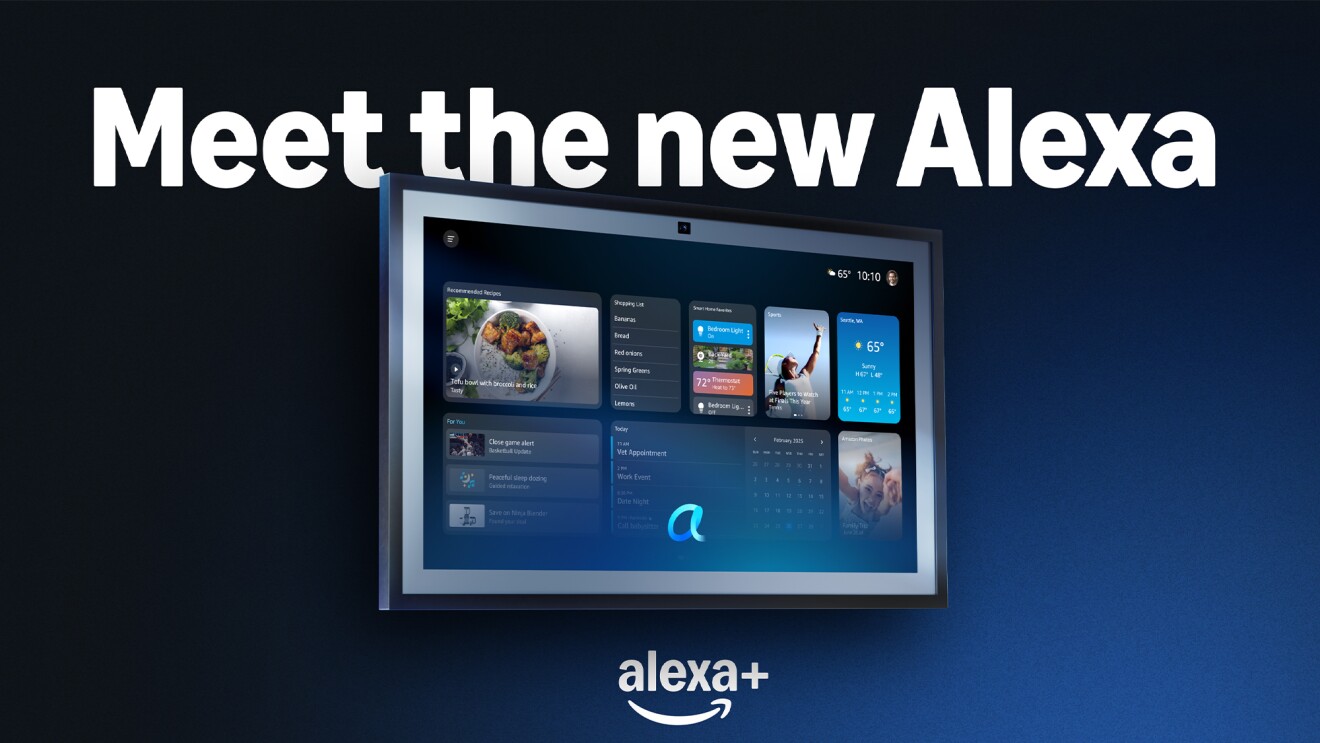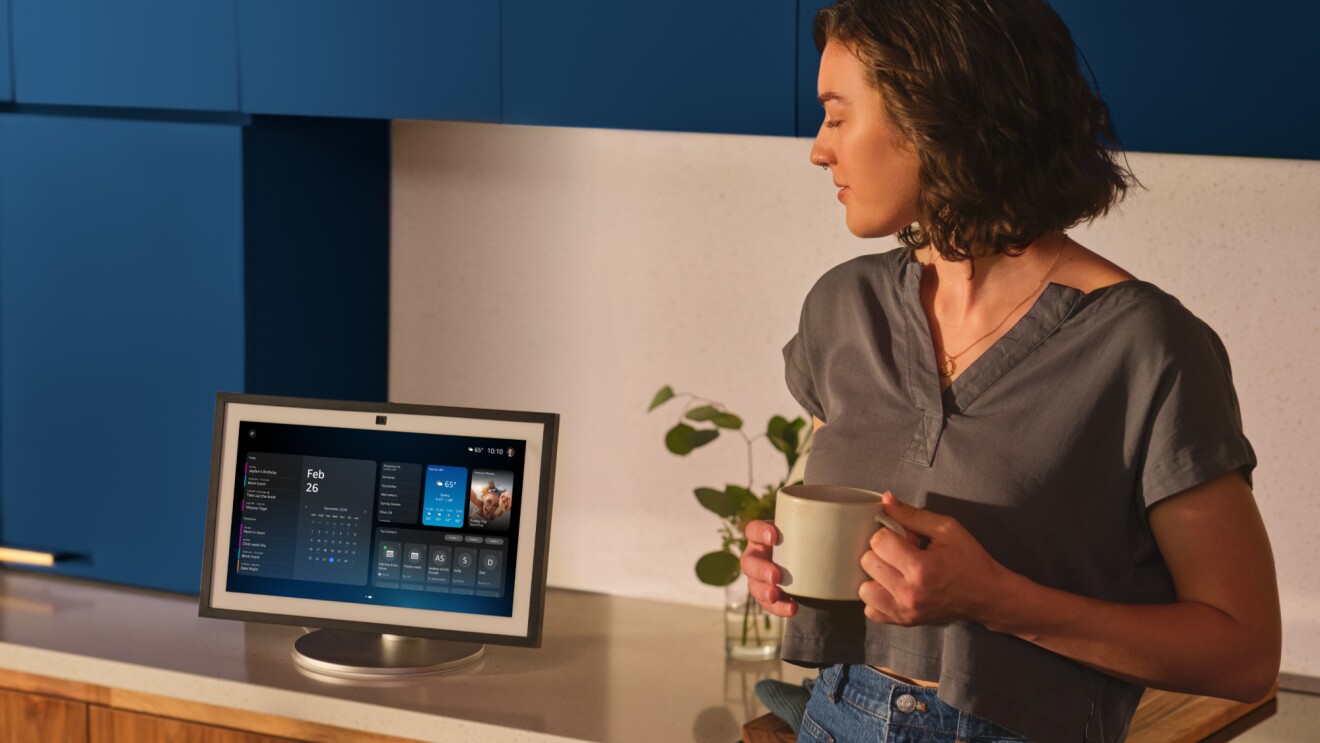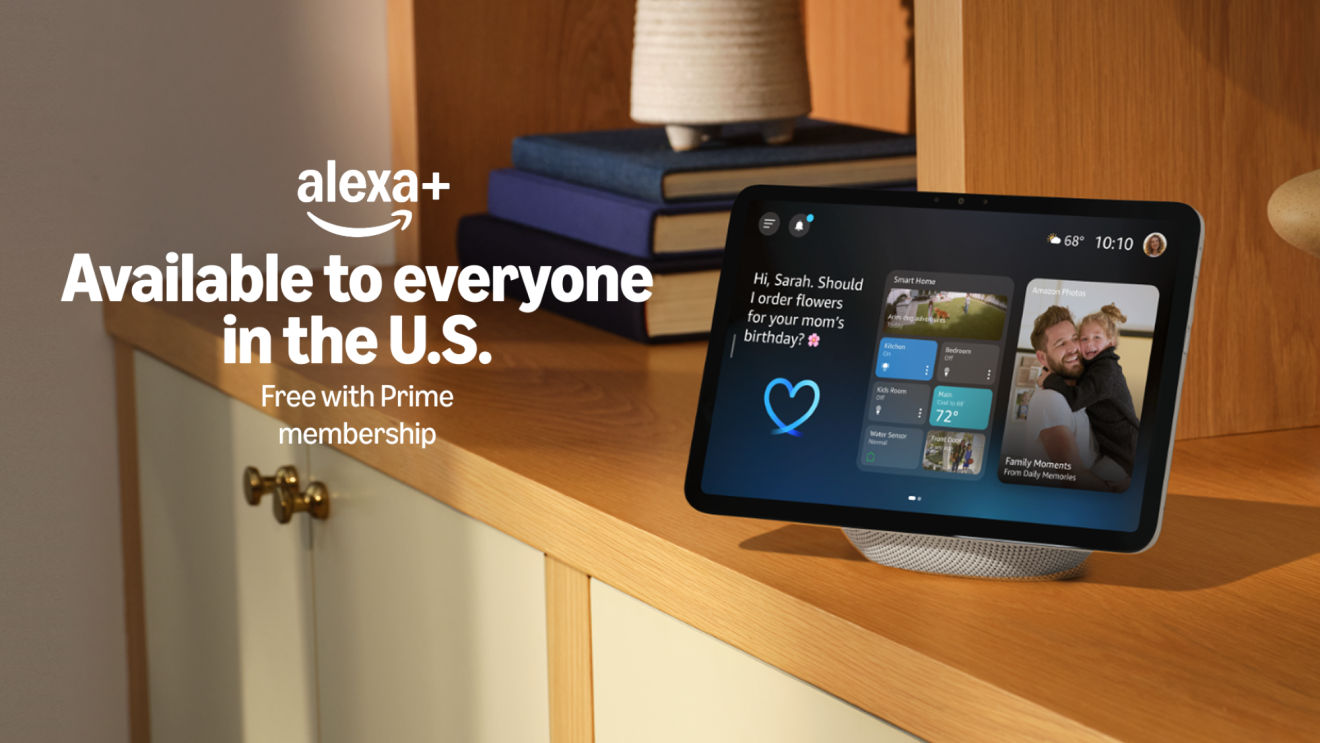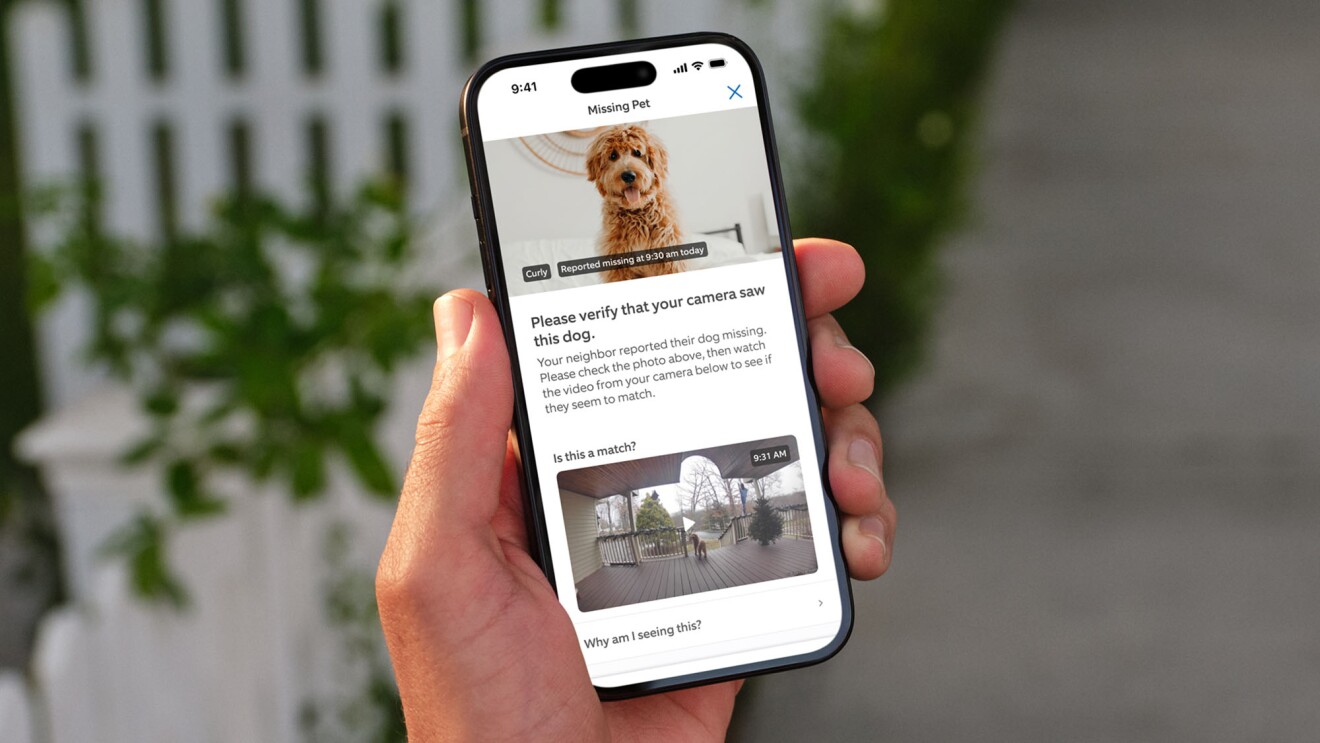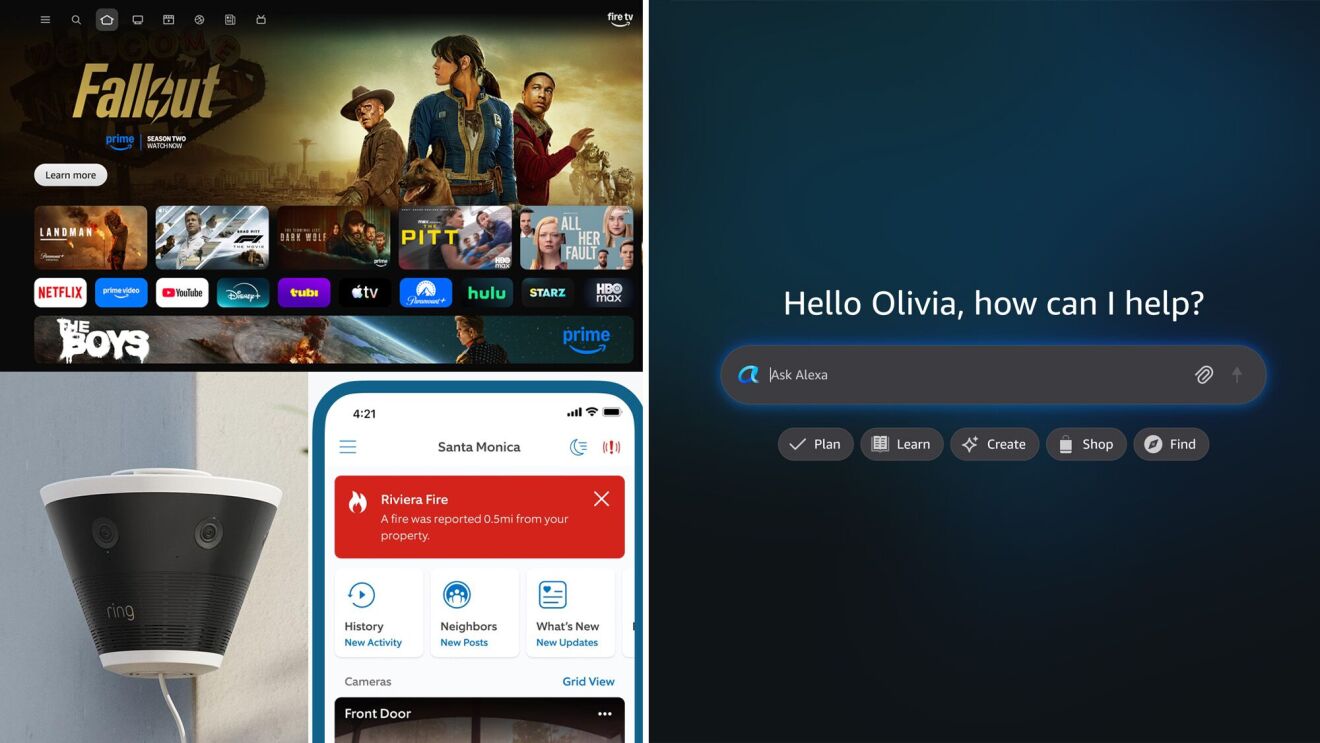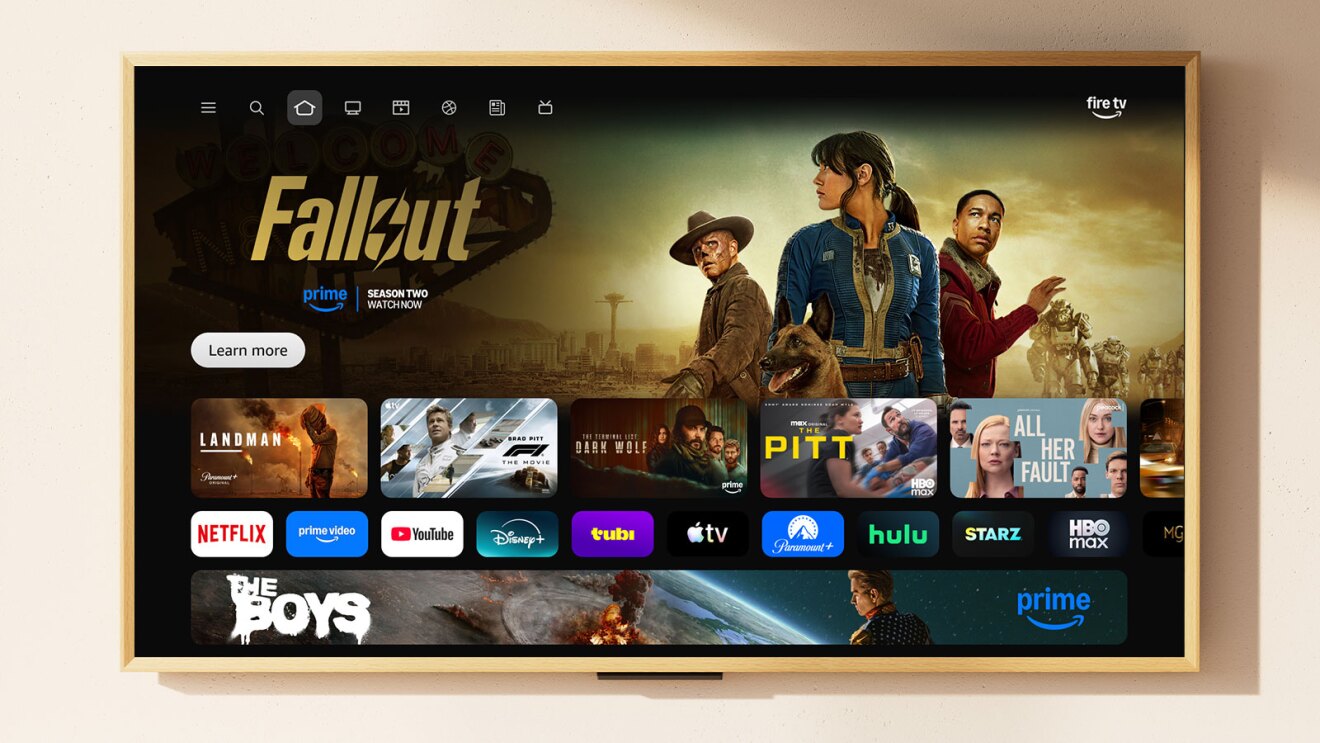After donating Echo Show devices to support healthcare workers and patients affected by COVID-19, we learned of a story from Robert, an IT professional at one of the hospitals, who realized the potential of incorporating Alexa and Echo Show into his life beyond work. As a caregiver to his wife, Lois, Robert has witnessed how this technology has unexpectedly helped Lois gain independence and express herself.
Robert's experience, in his own words:
"My wife, Lois, experienced a traumatic brain injury (TBI) 25+ years ago; she spent about three weeks in a coma and was then transferred to a rehab facility for a year. She was 36 at the time. Today, Lois is 62 years old and has been living like an advanced Alzheimer's patient ever since. She is frail with limited cognition. Her skills are limited to performing her activities of daily living, with coaching.
"Previously, while I had to run an errand, I'd check in with Lois via the cameras set up around our house. However, I couldn't speak through the cameras to engage with her. A common situation included me checking a camera, seeing Lois watching TV on the couch, and calling her. I'd call her via our landline for whatever reason needed, but she'd get up and walk all the way to the kitchen to answer the old-fashioned wall phone since the cordless phone closer to her was too complicated for her use.
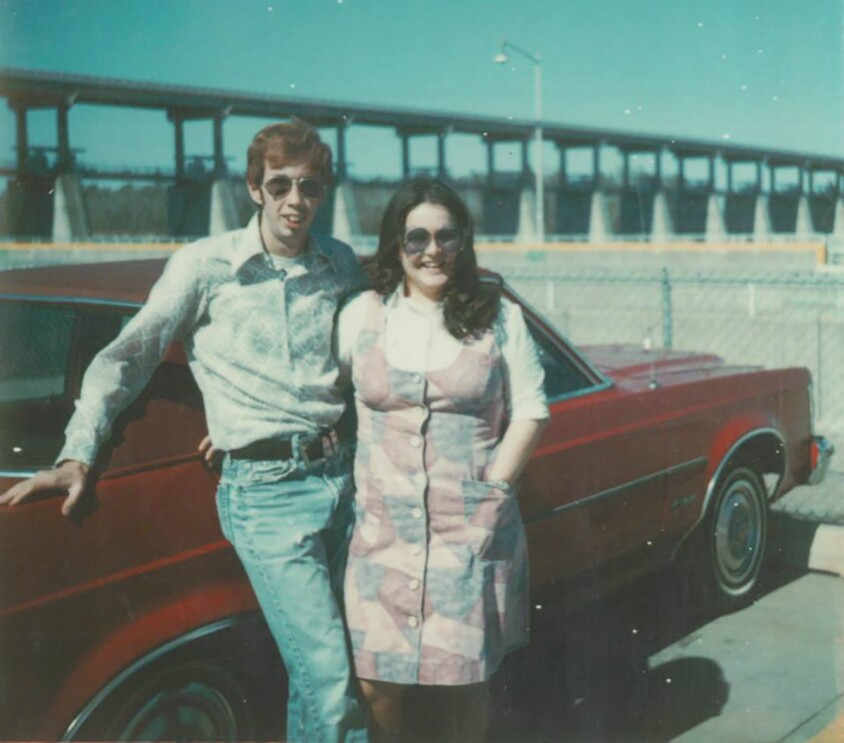
“After working with the Echo Show 8 devices that Amazon donated to my hospital, I ordered three Echo Show 8s and another Echo Show 5 for myself. I rarely witness many emotions from my wife, yet when I drop in on her, she laughs and smiles. Lois thinks it's funny when I suddenly pop up on the screen and start talking to her. I'm having a blast learning about Alexa, but the peace of mind from these devices is immeasurable. I can talk with Lois from wherever she is without making her fight her way to the phone.
“I'm part of a spousal support group, where people can connect with others who have spouses who are ill or severely limited. We share stories, and I recently highlighted to them the impact of Echo Show on my wife and family. A few said they already use the devices just as I do, and I picked up some tips that hadn't occurred to me. For example, I learned how some are using Alexa to set recurring and periodic reminders to take medications.Additionally, others in the group are caregivers for spouses with mobility impairments; they see the hands-free, voice-first Alexa features as an advantage. They use Alexa like an intercom with Drop In, like me, and also use the announcement feature to easily communicate.
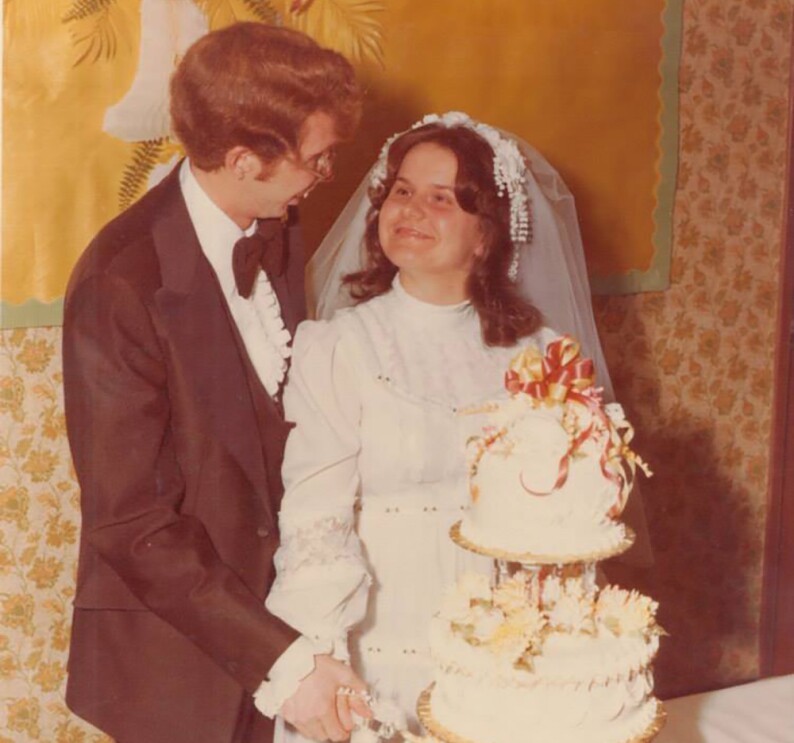
“I view life from the perspective of a full-time TBI caregiver. When I first started tinkering with Echo Show and Alexa, I never could've imagined the impact it’s had on Lois. I've gotten a glimpse of the person I knew years ago. When she responds to Alexa, I'm astounded. And I can only hope that my story helps others learn about how this technology can create a difference in their lives too."
We are humbled by how devices and services, like Alexa and Echo Show, are helping people of all ages and all abilities. Learn more about Alexa and Alexa Accessibility features, and new features like Care Hub that can help families support and remotely look after their aging loved ones.
If you have a story of your own about how you use Alexa, we’d love to hear it and will continue sharing some of our favorite #AlexaStories. You can email us, or tag us on Twitter or Instagram @alexa99 or #AlexaStories.
Trending news and stories

